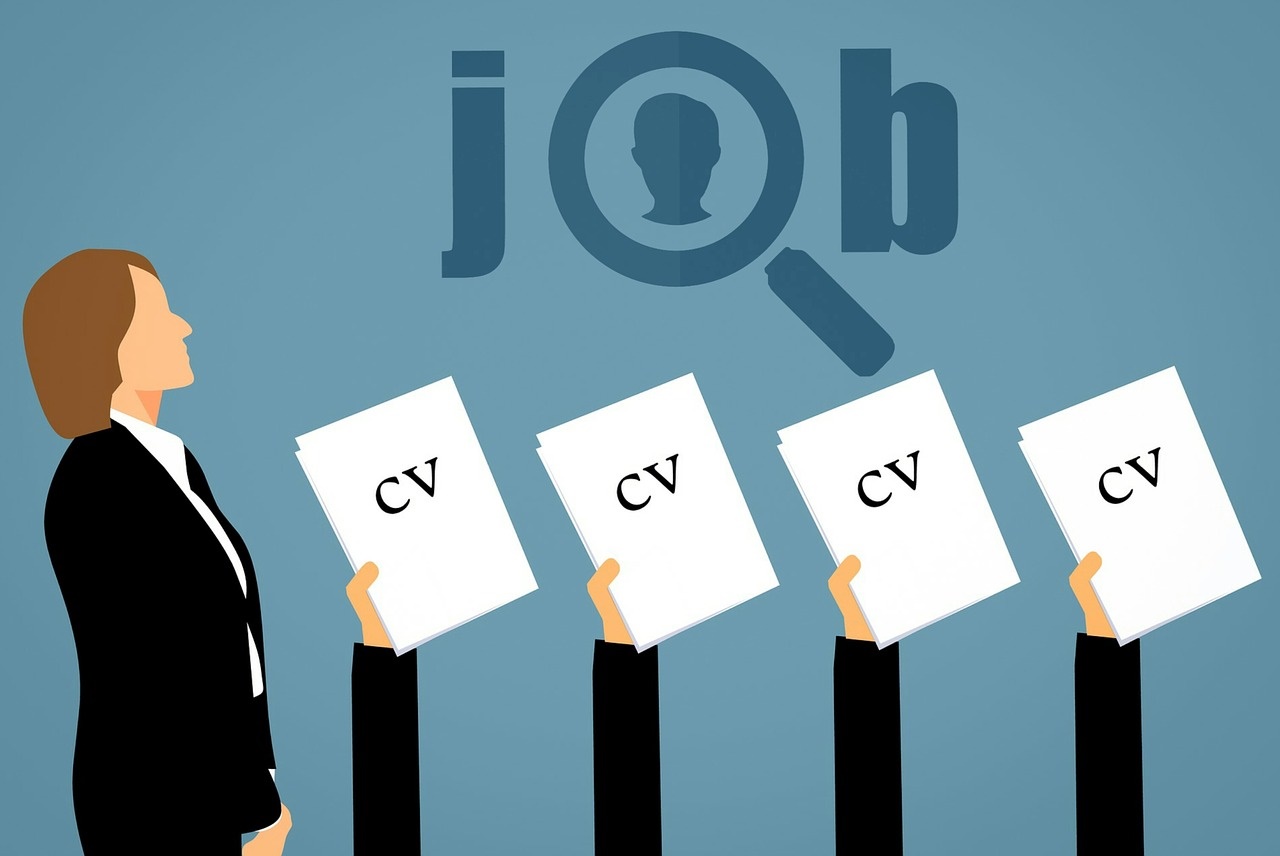The blockchain has great potential to improve the Human Resources (HR) sector. Let’s see how.

1 – Powerful Curriculum Vitae with the Blockchain
The structure of blockchain generates a transparent and incorruptible information database.
Imagine this system applied to the educational and professional history of each one of us. Instead of reporting in writing skills and qualifications, you could register – digitally – certificates, qualifications and references.
All this would simplify the work of Human Resources (HR), reducing the time taken to verify the authenticity of the competences declared by the candidates for a role.
Blockchain applications for curriculum are already in place. Alongside these solutions, institutions are also interested in it. Some foreign universities, for example, are experimenting with the use of blockchain to allow the verification of the knowledge acquired by their graduates. This is the case of Malaysian universities that have joined a consortium to develop such a system. Same experiments also in some American universities.
2 – With the Blockchain, the right human resource
Use of the blockchain would allow Human Resources (HR) managers to more accurately assess candidate profiles. It would therefore be easier to identify the “best” person to fill an assignment without wasting too much time in interviews and questionnaires.
In particular, research in small and medium-sized enterprises would be facilitated, where there are not always scouting resources.
In addition, a blockchain filing system inside companies would allow Human Resources (HR) to better manage the workforce. Knowing in real time who has the requirements for an internal promotion or what skills are missing would help the company to work efficiently.
3 – Payments and bonuses
The companies could use criptocurrency to pay without intermediaries. Even if the current system can integrate all this: banks, for example, could convert cripto-salaries into current currency.
Not only. Given that the worker’s professional life is tracked, it is more useful to obtain corporate bonuses in a transparent way.
Moreover, through blockchain, international payments for workers abroad could be easier, relieving company of other costs.
4 – Security and data protection
Human Resources (HR) manage a large amount of personal data. Protecting them is fundamental.
The bBlockchain requires the shared consent between the nodes of the network to be able to make any changes. This is a reason why blockchain can be considered a secure system that allows you to protect your data and protect yourself from fraud.
Find out more about blockchain, read a case study here.








